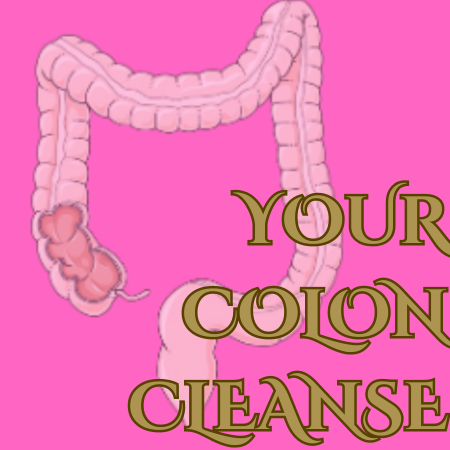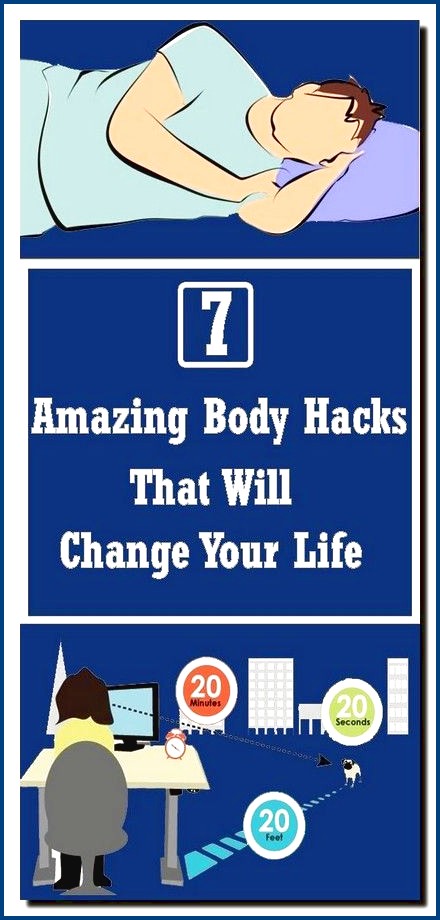Nutrients are the building blocks of our bodies, providing the energy and materials needed for proper functioning. When we lack essential nutrients, our bodies often send out signals that something is amiss. Here, we will explore ten common signs that you may be deficient in vital nutrients.
2. Fatigue and Weakness
One of the earliest signs of nutrient deficiency is persistent fatigue and weakness. If you find yourself constantly tired, even after a good night’s sleep, it could be due to a lack of essential vitamins and minerals in your diet.
3. Pale or Yellowish Skin
Your skin’s appearance can be a telling sign of your nutritional status. A pale or yellowish complexion may indicate anemia, often caused by an iron deficiency.
4. Brittle Hair and Nails
Weak, brittle hair and nails can be a result of inadequate intake of biotin and other crucial vitamins. Nutrient deficiency can leave your hair and nails looking dull and prone to breakage.
5. Mouth Ulcers
Frequent mouth ulcers can be a sign of various nutrient deficiencies, including vitamin B12, iron, or folate. If you’re experiencing recurring mouth sores, it’s essential to consider your dietary choices.
6. Frequent Bone Fractures
If your bones seem to break easily, it might be due to a lack of calcium and vitamin D in your diet. For the preservation of robust and healthy bones, these nutrients are essential.
7. Muscle Cramps
Muscle cramps can be quite painful and may indicate a deficiency in magnesium, calcium, or potassium. Ensuring an adequate intake of these nutrients can help prevent these discomforting cramps.
8. Poor Night Vision
Struggling with night vision problems? Vitamin A deficiency is often associated with difficulty seeing in low light conditions. Carrots and leafy greens can help improve your vision.
9. Cognitive Issues
Poor concentration, memory problems, and brain fog may result from a lack of essential nutrients like omega-3 fatty acids, vitamins, and minerals that support brain health.
10. Mood Swings
Your emotional well-being can also be affected by nutrient deficiencies. Low levels of certain vitamins, such as vitamin D and B vitamins, can contribute to mood swings, anxiety, and even depression.
11. Conclusion
Maintaining a balanced diet rich in essential nutrients is crucial for overall health. If you’re experiencing any of these ten signs, it’s essential to consult with a healthcare professional and consider adjusting your dietary choices. Addressing nutrient deficiencies can significantly improve your quality of life and overall well-being.


